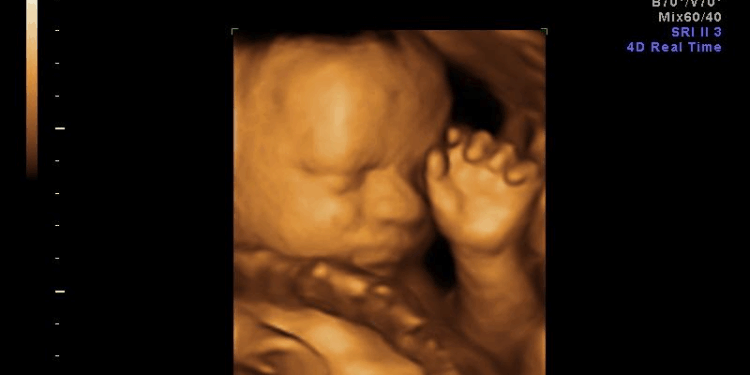“This Doctor Trains Abortionists: What Makes Her Unhappy?” written by Sarah Terzo is a deeply thought-provoking article, so insightful that I felt compelled to respond and address a question that echoes throughout.
If abortion is only the removal of “products of conception,” why does it weigh so heavily on those who perform it?
In the article, an abortion provider who trains others expresses frustration at the stigma she and her colleagues experience. She laments being “misunderstood,” even vilified, for providing what she sees as a necessary service.
Yet beneath that frustration lies something revealing: that so many abortionists feel stigmatized for doing their work suggests there is something inherently troubling about abortion.
After all, we don’t see this level of stigma or moral conflict in other areas of medicine. Surgeons aren’t haunted by the lives they’ve saved. Oncologists don’t wrestle with guilt over curing disease.
Get the latest pro-life news and information on X (Twitter). Follow @LifeNewsHQ
But abortion is different, profoundly different in a way that abortionists can’t escape.
The act of taking an unborn child’s uniquely asks medical professionals to suppress the instinct to preserve life, to redefine success as death rather than survival. That reversal of medicine’s fundamental ethic—first, do no harm—creates a dissonance that cannot be explained away by politics or social judgment.
Abortion survivors—those who live through failed procedures—make that dissonance visible. We personify the dissonance. Our very existence strips away any abstraction.
When a child breathes, cries, or moves after an attempted abortion, it’s no longer possible to pretend that what was meant to be destroyed was merely “tissue.” To the abortionist, the survivor becomes the living embodiment of the act’s moral consequence. That fundamental truth is impossible to fully silence, no matter how hard he tries..
This, I believe, is why abortion is stigmatized—not because society is cruel to abortionists, but because abortion itself wounds everyone it touches.
It wounds mothers, families, survivors, and yes, even those who perform it.
It asks them to deny their own humanity in order to end another’s.
And no amount of medical training or social acceptance can make that right.
Until we can speak honestly about this—the inner conflict, the survivors, the moral cost—we’ll never find peace in this debate.
Because at its heart lies not stigma, but conscience.
LifeNews Note: Melissa Ohden, who survived a saline abortion in 1977, is founder and CEO of the Abortion Survivors Network and author of “You Carried Me: A Daughter’s Memoir.” This appeared in The Hill and is reposted with the author’s permission.












